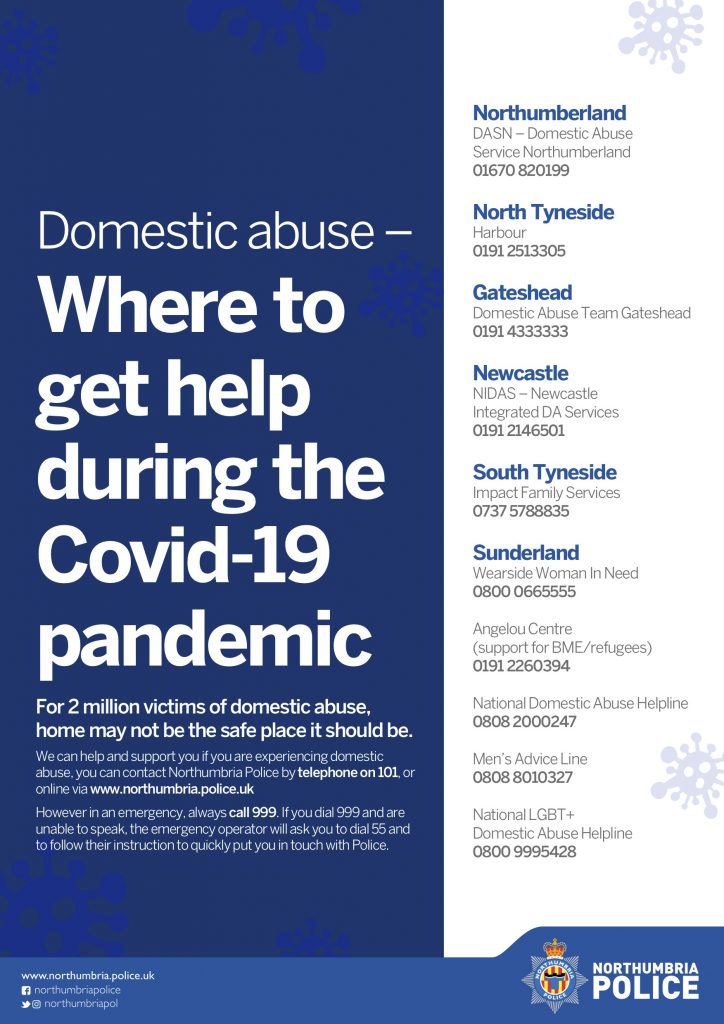A healthy relationship regardless of whether you’re a couple, family or friends is made of two key things Communication and Boundaries. It is where people who feel connected can also be independent of each other, ultimately you decide what is healthy to you, but you should always feel able to voice your concerns if something doesn’t feel right.
Communication
Communication allows you to know, understand and connect with someone else. In a good relationship this looks like:
- treating each other with respect
- express how your feeling, and feel listened to
- compromise
- feel supported to do the things you enjoy
- speak openly about your feelings and thoughts
- celebrate each others achievements and successes
Boundaries
Boundaries mean you should be able to say what you are, and are not, comfortable with! This includes sex life, finances, family, friends, personal space and your time.
In a good relationship this looks like:
- allow each other time with family and friend
- trust – No one needs to “check in”
- there is no pressure to do things you don’t want to do
- technology isn’t used to check on someone
- there should be no constant accusations of cheating
Consent
What is consent?
More than simply saying yes or no. It when you express your desire to do or not to do something! “Yes means yes” can be a useful and empowering way to think about what consent is.
The rules of consent?
1. You should look for a yes.
2. You should always keep looking for a yes. Consent is not a given. And just because you’ve done something before doesn’t mean you have to do it again.
3. Consent is not automatic. Doesn’t matter if you’re married, friends or dating, you always have the right to change your mind if you uncomfortable with something.
4. Consent cannot be implied. Not saying “no” doesn’t mean “yes” think about that phrase at the top “yes means yes”. The way you dress, flirt, talk or show interest in someone else does not mean “yes”.
5. Fear is not consent. It isn’t consent if you’re afraid, pressured or threatened to say yes, that isn’t a real yes. It also isn’t consent if you’re asleep or unconscious, under the influence of drugs and alcohol, do not understand or are unable to legally give consent.
Don’t have consent? Don’t do it. If someone isn’t consenting then what is happening could be abuse, sexual assault or rape.
Domestic Abuse
A pattern of behaviour used by someone to maintain power and control over someone else. This is sometimes called Domestic Abuse.
Some of the signs of an abusive relationship include a partner who:
- Tells you that you can never do anything right
- Shows extreme jealousy of your friends and time spent away
- Keeps you or discourages you from seeing friends or family members
- Insults, demeans or shames you with put-downs
- Controls every penny spent in the household
- Takes your money or refuses to give you money for necessary expenses
- Looks at you or acts in ways that scare you
- Controls who you see, where you go, or what you do
- Prevents you from making your own decisions
- Tells you that you are a bad parent or threatens to harm or take away your children
- Prevents you from working or attending school
- Destroys your property or threatens to hurt or kill your pets
- Intimidates you with guns, knives or other weapons
- Pressures you to have sex when you don’t want to or do things sexually you’re not comfortable with
- Pressures you to use drugs or alcohol

If you have experience of domestic abuse or rape you can find help:
You can:
- talk to a doctor, health visitor or midwife
- women can call The Freephone National Domestic Abuse Helpline, run by Refuge on 0808 2000 247 for free at any time, day or night. The staff will offer confidential, non-judgemental information and support
- RapeCrisis have a hotline, email service and a counselling service all confidential. Their website is here: https://rapecrisis.org.uk/get-help/
- men can Men’s Life Advice on 0808 8010 327 (Monday and Wednesday, 9am to 8pm, and Tuesday, Thursday and Friday, 9am to 5pm) for non-judgemental information and support
- men can also call ManKind on 0182 3334 244 (Monday to Friday, 10am to 4pm)
- If you identify as LGBT+ you can call Galop on 0800 999 5428 for emotional and practical support
- anyone can call Karma Nirvana on 0800 5999 247 (Monday to Friday 9am to 5pm) for forced marriage and honour crimes. You can also call 020 7008 0151 to speak to the GOV.UK Forced Marriage Unit
- in an emergency, call 999

